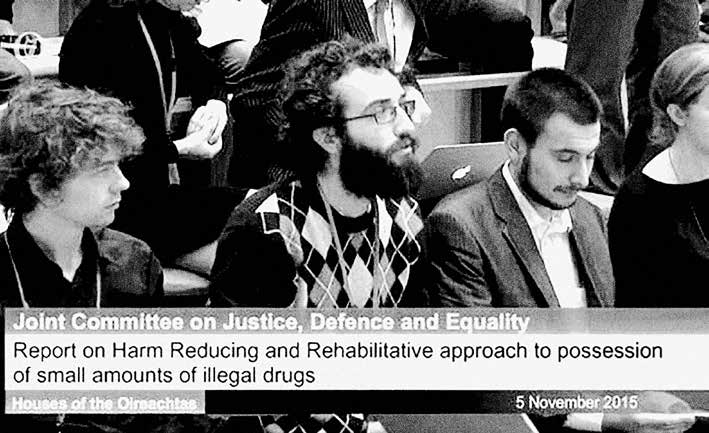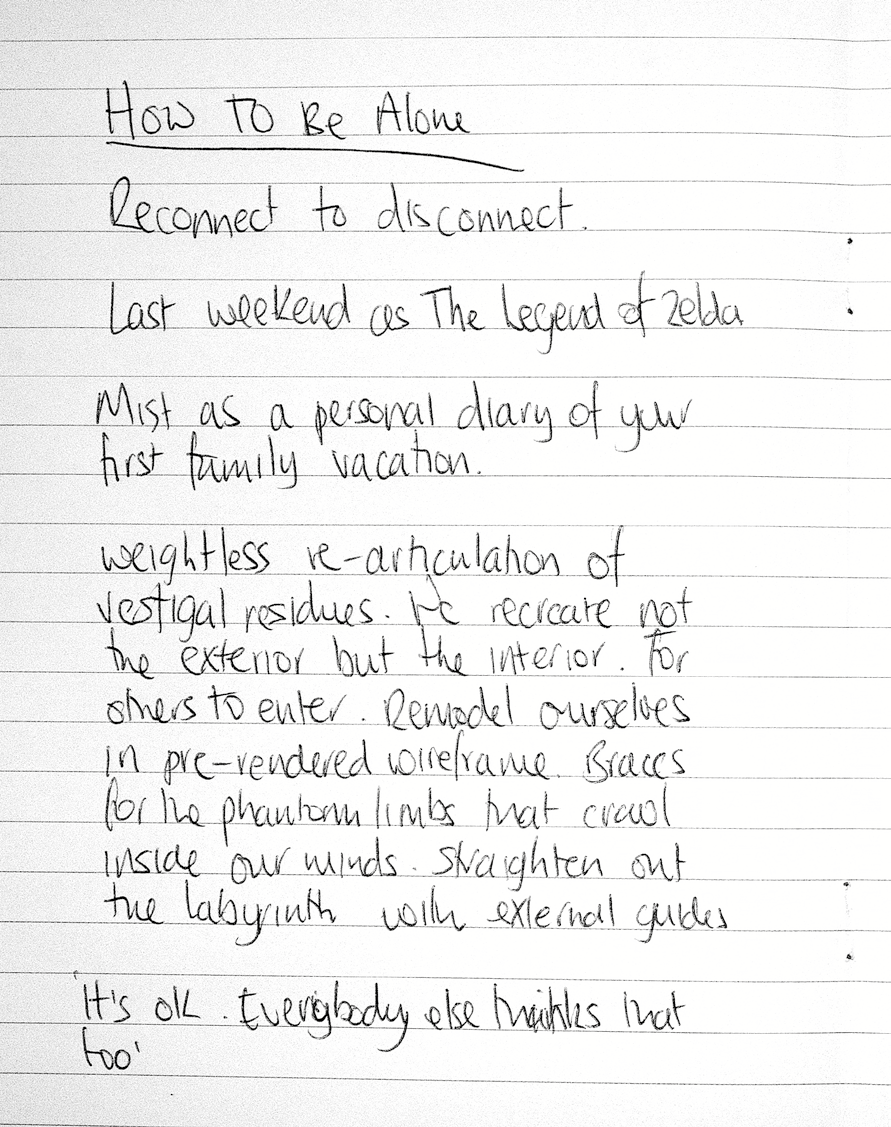Alternative approaches to drug law reform: new organisations and movements in the UK
While visiting an elementary school in 1984, Nancy Reagan was asked by a student what she should say if she was ever offered drugs. President Reagan’s wife – a committed anti-drug campaigner – didn’t hesitate for a second: “Just say no, no, no,” she replied.
Fast forward thirty years, and it becomes sadly clear that Nancy Reagan’s advice has proven difficult to put into practice for hundreds of thousands of drug users across the world. The data on drug use in cities from Chicago to Paris to Hong Kong prove that there is still a staggering number of people who can’t “just say no.”
Yet, far too many Western countries have remained firmly anchored in 1984, when a polite but firm “no” was deemed to be the most effective prevention strategy. Some moved on and slowly legislated for more sensible policies; some didn’t.

The UK is one of the countries that, despite its arsenal of world-class expert opinions and research papers, still lacks a govern- ment that has the courage to discuss the matter of drug use frankly and proactively.
Past and present British governments have reacted to the continued problem of drug dependency by treating it as a deliberately criminal decision on the users’ part – often diverting attention, funds and law enforcement resources from suppliers and distributors of narcotics.
A handful of countries that adopted new policies (decriminalisation of personal use amounts; medical support systems for drug users) such as Portugal, Switzerland, and the Netherlands, showed encoura- ging results, both from a financial and a social point of view.
Decriminalisation has saved the state millions in trials and jail time, while the countries that supported the creation of medically supervised injecting rooms reported a smaller number of overdose cases and a lower HIV transmission rate.
But the UK has fallen behind in terms of the modernisation of drug policies. Under both conservative and labour governments, the country has continued to pursue a policy of criminalisation and has opposed all public health policies centred on harm reduction.
Re-igniting the debate
The last thirty years of the ill-fated “war on drugs” have yielded few results; the official reluctance to seriously discuss the issue has gradually spurred private citizen activists to take the matter in their own hands. Slowly but surely, new political parties, discussion platforms and independent publications are re-igniting the UK’s drug debate.
Paul Birch began tackling the issue at the start of this year. He is one of the UK nationals who are putting their own time and resources into changing Britain’s out-dated drug policies.
The creator and former owner of early noughties social media network Bebo, Birch decided to dedicate himself to the founding of CISTA (Cannabis Is Safer Than Alcohol), aimed at changing what he called the UK’s “farcical” drug policies, or at least putting them at the centre of public debate. “I’m not sure [creating a political party] is the most effective way, but there’s currently no coverage at all in this election around this topic,” Birch declared in May 2015.
CISTA candidates will participate in Lon- don’s Mayoral Hustings in November to champion their cause – “a new approach to drug reform, starting with cannabis, one that is evidence-based, cross-party, humane and nonpartisan.”
A platform for informed discussion: Volteface
Birch is also one of the staunchest supporters of the UK’s latest venture that offers an alternative approach to drug reform: Volteface. The new platform and online magazine is the brainchild of Steve Moore, the former chief executive of PM David Cameron’s Big Society Network, regeneration entrepreneur, curator and media advisor.
Criminalising people who weren’t able to “just say no” has been very damaging for society as a whole and has contributed to the marginalisation of drug users, who are put in jail more often than they are actually helped, Moore says.
Organisations such as Volteface are now collaborating with health professionals and drug reform veterans to present the public with real alternatives to the government’s stance. At the root of their work is the fundamental principle that people struggling with drug addiction are to be helped, not condemned. Under this lo- gic, the drugs issue should be handed over to health authorities, rather than the judiciary system.
Safe drug-taking: a guide
Another effort from citizens to help citizens is the magazine Illegal!, recently imported to the UK from Denmark. Illegal! aims at making a dent in the public’s perception people who use drugs, while providing said users with useful information to have a safe “drug experience”.
The magazine focuses on the drugs that recreational users are likely to come into contact with: in other words, “party drugs” such as cannabis, cocaine, acid and legal highs. Illegal! was slammed by tabloids as soon as it hit East London’s streets, with many condemning it for “normalising drug use” and essentially “teaching kids” how to use drugs.
Louis Jensen, who edits the UK edition, operates under the premise that people will inevitably seek out drugs, and, when they do, they should be able to use them safely.
“Illegal! is… a statement that we are rea- dy and listening to conversations about drugs,” Jensen says. “I feel it is impera- tive to break archaic views and methods towards drugs to help future generations and societies live with them.”
It will take some time before the media and the public start interacting with these new alternatives to drug reform in a constructive manner. Birch complained about the me- dia’s coverage of CISTA during the elections, saying that news outlets resorted to cheap puns (“The election’s gone to pot”) rather than focusing on CISTA’s real message.
Volteface is looking to redefine media coverage of the drug reform movement, particularly in Ireland, whose minister Aidan O’Riordan recently announced the creation of the first medically supervised injection room in Dublin – precisely the sort of cause Volteface champions.
It’s likely that the people who move these criticisms to ventures such as Illegal!, CISTA or Volteface are the same who would argue that drug use and abuse can be prevented through “just saying no”.
As long as such hackneyed and simplistic convictions continue to occupy a central place in the UK’s official drugs reform debate, there is little doubt that progress will be made by the citizen activists and anyone who won’t be ashamed to campaign for real change.
Perhaps the most difficult concept for critics to swallow is that the attraction to- wards mind and body-altering substances is wholly human and can’t be eliminated. If the government won’t collaborate, is it the public’s responsibility to push for policies that understand and work around drugs, rather than fight them?
Jensen nods: “Like it or not, drugs are something that will never disappear.”




